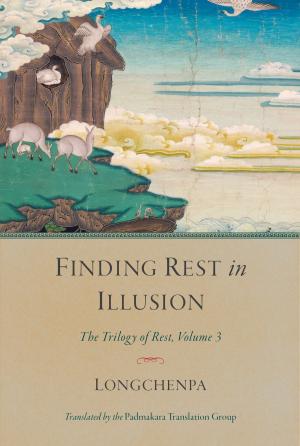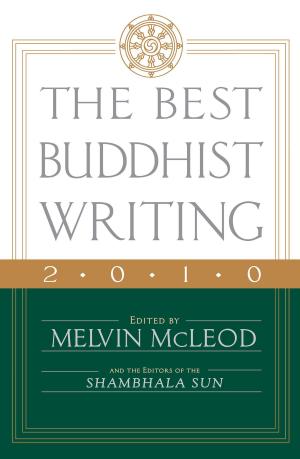The Art of Haiku
Its History through Poems and Paintings by Japanese Masters
Fiction & Literature, Literary Theory & Criticism, Asian, Far Eastern, Poetry History & Criticism, Poetry| Author: | Stephen Addiss | ISBN: | 9780834827981 |
| Publisher: | Shambhala | Publication: | August 28, 2012 |
| Imprint: | Shambhala | Language: | English |
| Author: | Stephen Addiss |
| ISBN: | 9780834827981 |
| Publisher: | Shambhala |
| Publication: | August 28, 2012 |
| Imprint: | Shambhala |
| Language: | English |
In the past hundred years, haiku has gone far beyond its Japanese origins to become a worldwide phenomenon—with the classic poetic form growing and evolving as it has adapted to the needs of the whole range of languages and cultures that have embraced it. This proliferation of the joy of haiku is cause for celebration—but it can also compel us to go back to the beginning: to look at haiku’s development during the centuries before it was known outside Japan. This in-depth study of haiku history begins with the great early masters of the form—like Basho, Buson, and Issa—and goes all the way to twentieth-century greats, like Santoka. It also focuses on an important aspect of traditional haiku that is less known in the West: haiku art. All the great haiku masters created paintings (called haiga) or calligraphy in connection with their poems, and the words and images were intended to be enjoyed together, enhancing each other, and each adding its own dimension to the reader’s and viewer’s understanding. Here one of the leading haiku scholars of the West takes us on a tour of haiku poetry’s evolution, providing along the way a wealth of examples of the poetry and the art inspired by it.
In the past hundred years, haiku has gone far beyond its Japanese origins to become a worldwide phenomenon—with the classic poetic form growing and evolving as it has adapted to the needs of the whole range of languages and cultures that have embraced it. This proliferation of the joy of haiku is cause for celebration—but it can also compel us to go back to the beginning: to look at haiku’s development during the centuries before it was known outside Japan. This in-depth study of haiku history begins with the great early masters of the form—like Basho, Buson, and Issa—and goes all the way to twentieth-century greats, like Santoka. It also focuses on an important aspect of traditional haiku that is less known in the West: haiku art. All the great haiku masters created paintings (called haiga) or calligraphy in connection with their poems, and the words and images were intended to be enjoyed together, enhancing each other, and each adding its own dimension to the reader’s and viewer’s understanding. Here one of the leading haiku scholars of the West takes us on a tour of haiku poetry’s evolution, providing along the way a wealth of examples of the poetry and the art inspired by it.















